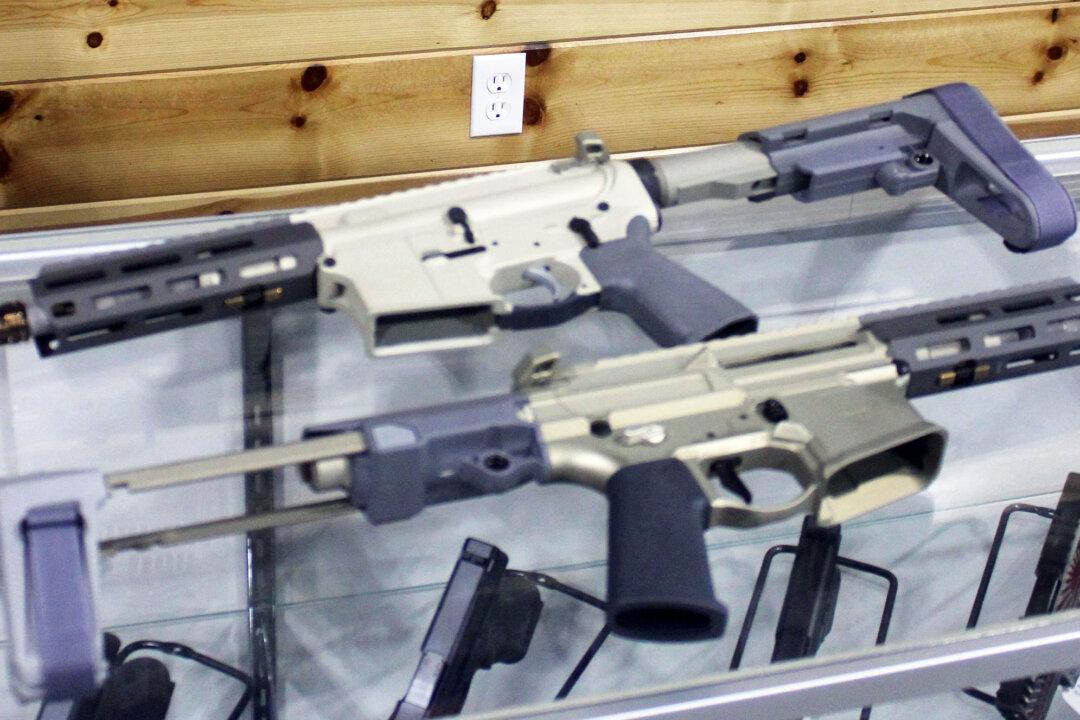Short-barreled rifles and shotguns (SBR, SBS) are no longer prohibited under Tennessee state law, but that doesn’t mean their owners are in the clear legally. The weapons are still banned by the federal National Firearms Act of 1934.
“All Tennessee did was say, ‘We’re not going to regulate [them] anymore,’” John Harris, a Nashville attorney and executive director of the Tennessee Firearms Association, told The Epoch Times on Dec. 19.





